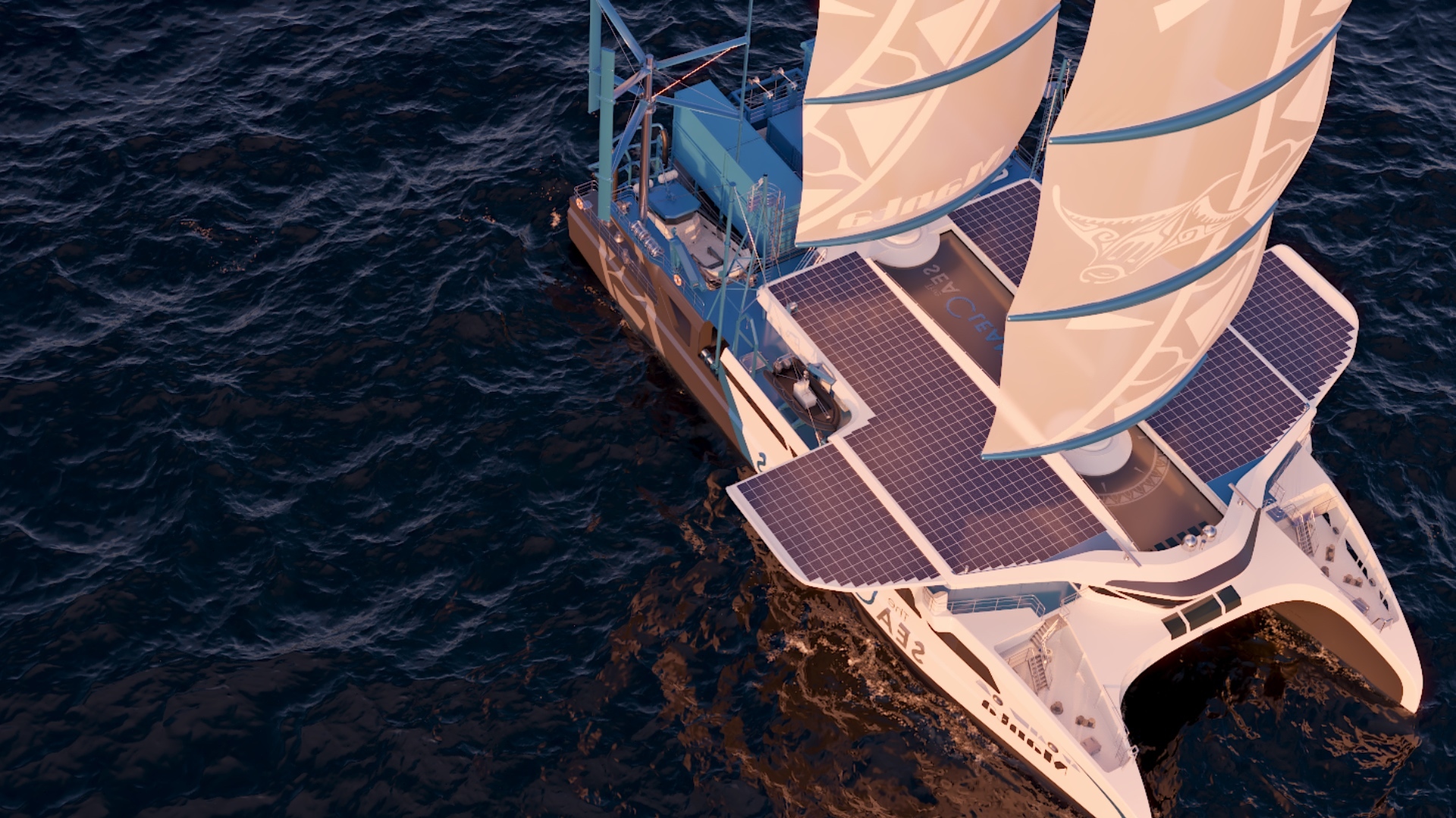Biden’s Inflation Reduction Act put the cat amongst the green pigeons, for better or worse. Good for some tech companies, bad for global cooperation.
The EU’s response to the IRA has been seen as ‘weak’ by commentators, and the UK’s as still in play and not settled after the Prime Minister’s visit to the US.
Transport & Environment, is one of the main critics of the EU’s position, saying it will not do enough to stop green manufacturing from moving abroad.
EC president Ursula von der Leyen said last year that she would create a new European Sovereignty Fund to help EU companies compete but whereas the US is allocating $369bn into key industries like batteries and wind turbines, resistance from European capitals, notably Berlin, has meant that the EU executive could only commit to €10bn in response, under its mid-term review of its budget (MFF).
The IRA focuses on scaling up the production of green manufacturing by offering tax credits for batteries and wind turbines. The EU on the other hand plans to funnel the small funds it has made available to mostly research and development.
Rather than provide fresh funds, the newly proposed STEP (Strategic Technologies for Europe [sic] Platform) overwhelmingly reshuffles money already available under existing funding plans. While a lot of money has been made available by Germany and France to support their own industries, this is not enough to compete with the US or China, says T&E.
Xavier Sol, sustainable finance director at T&E, said: “Washington and Beijing will be laughing at the EU’s weak proposal. There is a big mismatch between the strategic objectives of the EU’s green industrial policy and the cash that has been put on the table. Wealthy countries like Germany and France have to stop dragging their feet on fresh funds. In the long-term we will need a Europe-wide approach if the continent is to compete with the US and China in the global cleantech arms race.”
Latest News
-
Airport hands local charities and groups £100,000 over last year
-
Private health provider awards £10,000 to arthritis research team
-
Building Society hands out £1m to tackle inequality
-
Premier League and Comic Relief partnership aims to improve children’s mental health
-
Russell Hobbs launches food poverty campaign in schools
-
Tottenham Hotspur and charities launch film to tackle mental health stigma
© 2019 Perspective Publishing Privacy & Cookies







Recent Stories